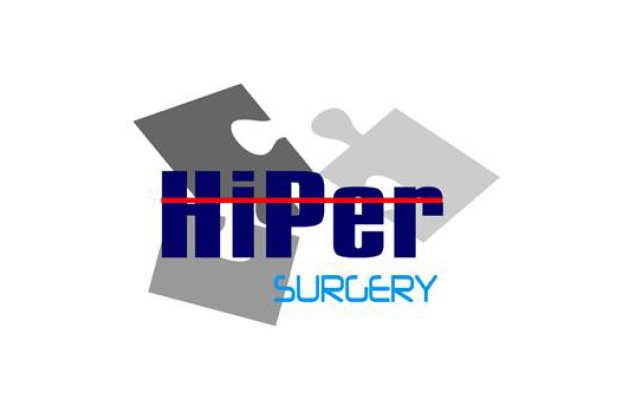Start and end dates
September 2009 - October 2012
Team
- Alex Almoudaris (key contact)
- Charles Vincent (Principal Investigator)
- Omar Faiz
-
Krishna Moorthy

Project summary
Background and methods
Surgery offers an extraordinary opportunity to gain insights into the nature of high performance because high quality data on both processes and outcomes are already available in many specialties. Surgeons once were concerned with the reliability of the data; now their attention is turning to `what lies behind the numbers’. How do the best units achieve their results?
Until relatively recently research into surgical outcomes has primarily focused on the role of patient pathophysiological risk factors and on the skills of the individual surgeon. The skills of the surgeon, and indeed of all members of the operative team, are an obvious prerequisite for a good outcome. However this approach neglects a wide range of factors that have been found to be of important in achieving safe, high quality performance in other high-risk environments.
We are developing a methodology which combines sophisticated analysis of routine databases with an exploration of how care is actually delivered to patients in high performing colorectal units. This approach will both further our understanding of high performance and also provides the foundation for improvement programmes in the clinical networks who will be partners in this work.
Aims
- To identify high performing units using national and international outcome data and metric based analyses
- To develop a methodology to assess clinical and organisational characteristics of high performing and average colorectal units
- To compare high and average performing units to determine how the best units consistently achieve their results
- To engage with clinical networks to disseminate the lessons learned
Outputs
- Almoudaris AM, Mamidanna R, Bottle A, Aylin P, Vincent C, Faiz O, Hanna GB. Failure to rescue patients after reintervention in gastroesophageal cancer surgery in England. JAMA Surg. 2013 Mar;148(3):272-6. PubMed
- Mamidanna R, Almoudaris AM, Bottle A, Aylin P, Faiz O, Hanna GB. National outcomes and uptake of laparoscopic gastrectomy for cancer in England. Surg Endosc. 2013. PubMed
- Almoudaris AM, Burns EM, Bottle A, Aylin P, Darzi A, Vincent C, Faiz O. Single measures of performance do not reflect overall institutional quality in colorectal cancer surgery. Gut. 2013 Mar;62(3):423-9. PubMed
- Almoudaris AM; Burns EM; Bottle A; Aylin P; Darzi A; Faiz O. (Jan 2011). A colorectal perspective on voluntary submission of outcome data to clinical registries. Br J Surg. 98:132-139.
- Almoudaris AM, Burns EM, Mamidanna R, Bottle A, Aylin P, Vincent C, Faiz O. Value of failure to rescue as a marker of the standard of care following reoperation for complications after colorectal resection. Br J Surg. 2011 Dec;98(12):1775-83.PubMed
- Almoudaris AM, Clark S, Vincent C, Faiz O. Establishing quality in colorectal surgery. Colorectal Dis. 2010 Jun 28. PubMed
- Almoudaris AM, Faiz O. National Bowel Cancer Audit. Colorectal Dis. 2010 Sep;12(9):948-50. Epub 2010 Feb 20. PubMed
- Almoudaris AM; Burns EM; Bottle A; Aylin P; Vincent C; Faiz O. Re-operative Failure To Rescue (r-FTR) an important metric in colorectal cancer surgery, London 4th Surgical Symposium, London, September 2010
- Almoudaris AM; Burns EM; Bottle A; Aylin P; Darzi A; Faiz O. Do surgical units that submit data to a voluntary national colorectal registry have better outcomes than those that do not? Association of Coloproctology of Great Britain and Ireland (shortlisted for British Journal of Surgery Prize), Bournmouth, June 2010
- Almoudaris AM; Burns EM; Bottle A; Aylin P; Darzi A; Faiz O. Outcomes and voluntary submission to the NBOCAP registry, Association of Surgeons of Great Britain and Ireland, Liverpool, April 2010
- Almoudaris AM; Burns EM; Bottle A; Aylin P; Darzi A; Faiz O. Who Benefits from Voluntary Submission to Colorectal Clinical Registries? (poster) European Society of Coloproctology, Sorrento, September 2010
